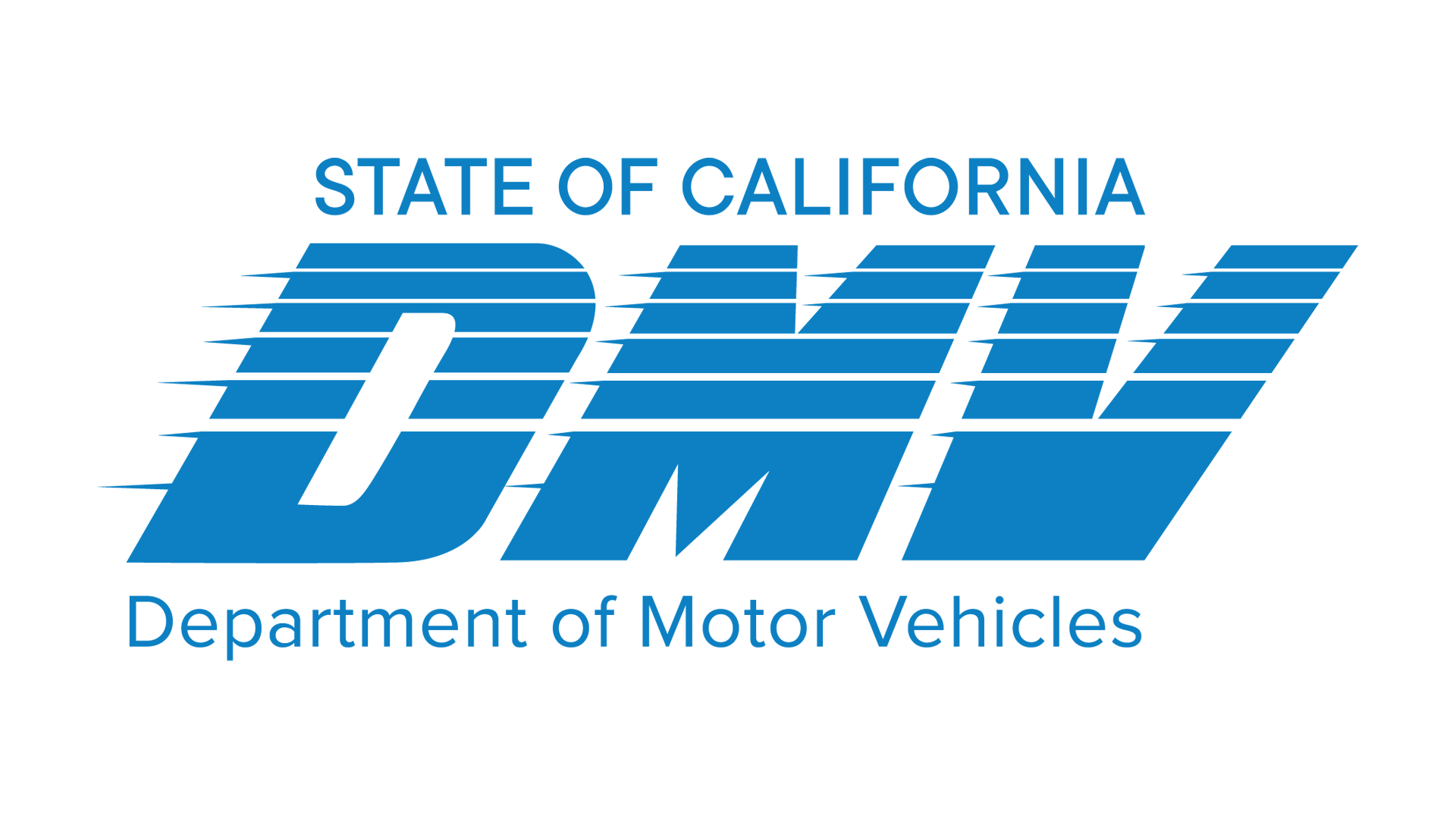Almost every state requires drivers to have a minimum amount of car insurance, but the rules vary from state-to-state.
Kara McGinleyKara McGinleySenior Editor & Licensed Home Insurance ExpertKara McGinley is a former senior editor and licensed home insurance expert at Policygenius, where she specialized in homeowners and renters insurance. As a journalist and as an insurance expert, her work and insights have been featured in Forbes Advisor, Kiplinger, Lifehacker, MSN, WRAL.com, and elsewhere.&Stephanie NievesStephanie NievesEditor & Home and Auto Insurance ExpertStephanie Nieves is a former editor and insurance expert at Policygenius, where she covered home and auto insurance. Her work has also appeared in Business Insider, Money, HerMoney, PayScale, and The Muse.
New Hampshire and Virginia are the only two states that don’t require car insurance. That said, there is no one country-wide rule when it comes to how much car insurance you have to have. Each state has a different minimum amount of car insurance that drivers must obtain in order to legally drive on public roads. In other words, how much auto insurance coverage you legally need depends on the state you live in.
Some states only require liability insurance, which covers bodily injury (BI) and property damage (PD) you do to someone else. Other states might require extra medical coverage or what’s often known as personal injury protection (PIP), which covers health care bills you or your passengers incur. And some states might require uninsured and/or underinsured motorist insurance, but then in other states this type of coverage could be optional.
Collision and comprehensive coverage are always optional no matter what state you live in, but they are still important protection nonetheless. If you’re confused, there's good news: You really only have to worry about the requirements where you live, so you can jump to your home state and make sure your coverage fits the mandatory minimums.
Car insurance requirements vary, but nearly all states require drivers to have some amount of liability coverage. Other components of car insurance are required in some states and not in others, but it’s important to familiarize yourself with the types of coverage that make up a car insurance policy. Below we broke down the basic components of what’s typically referred to as a “full coverage” car insurance policy:



















